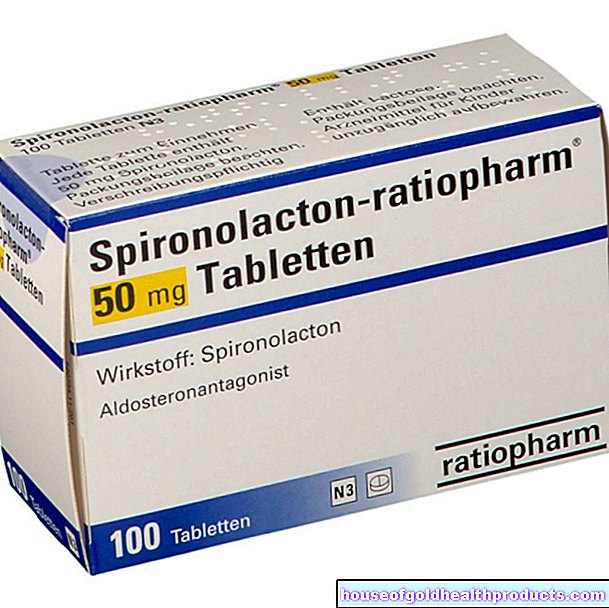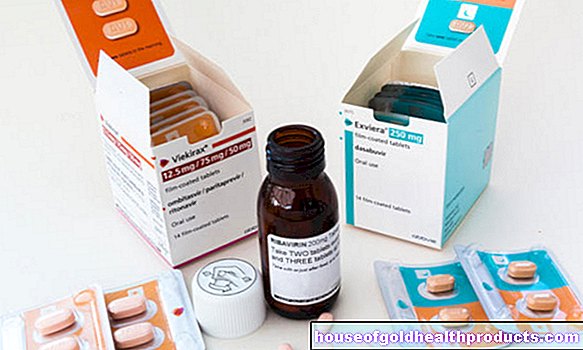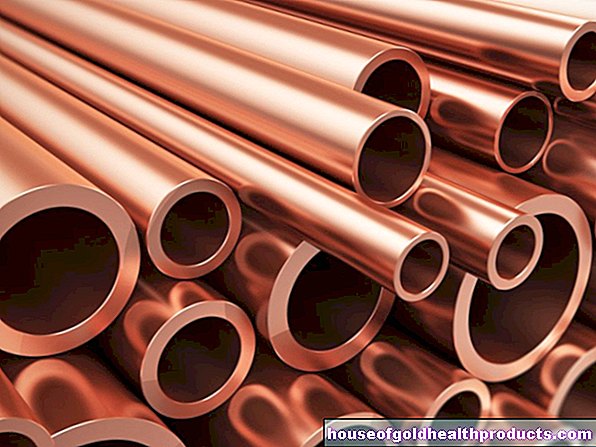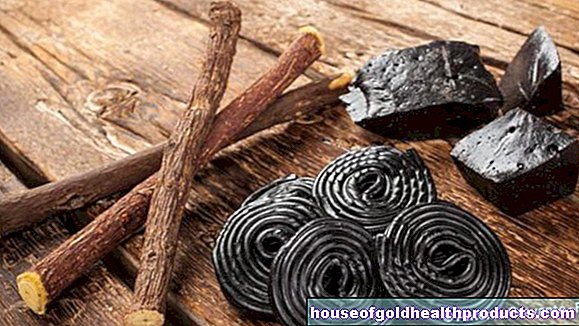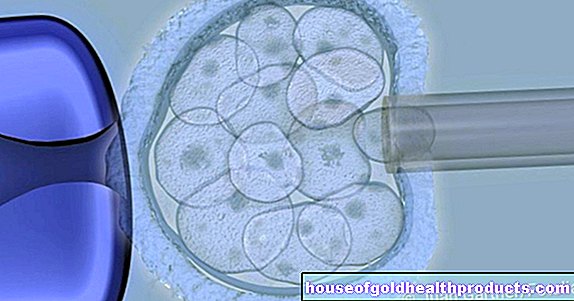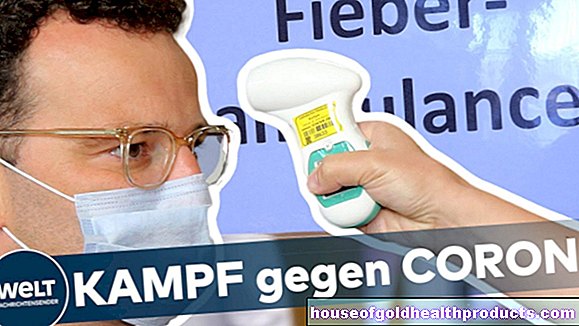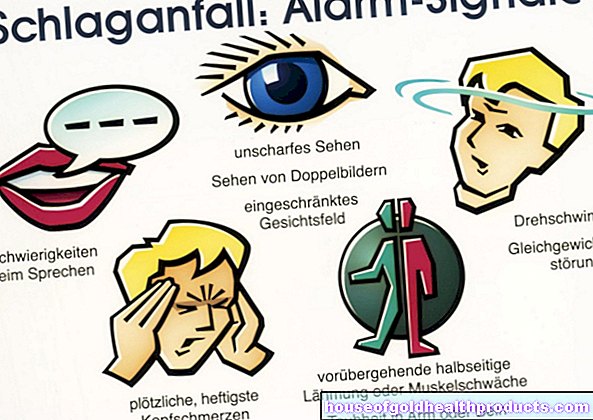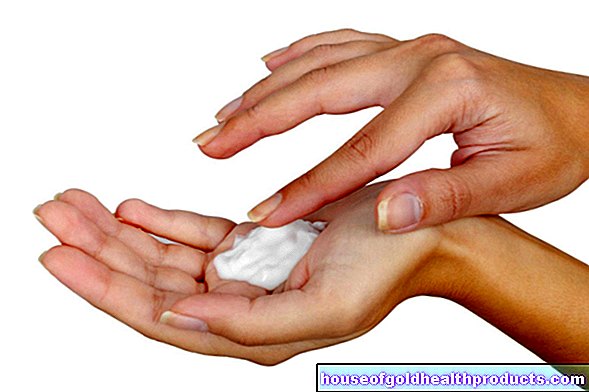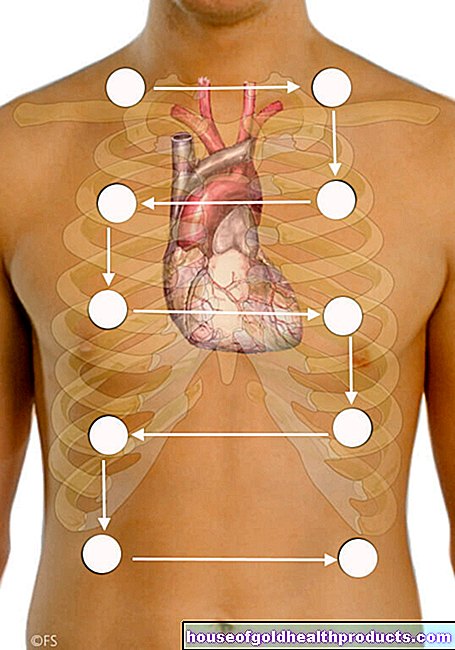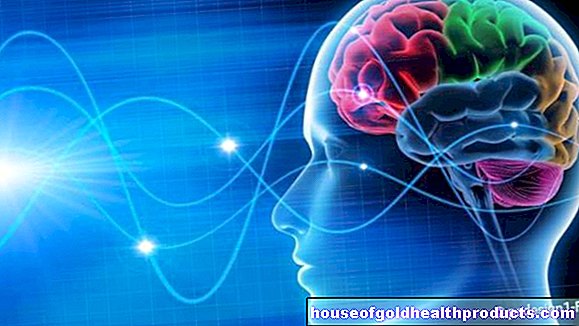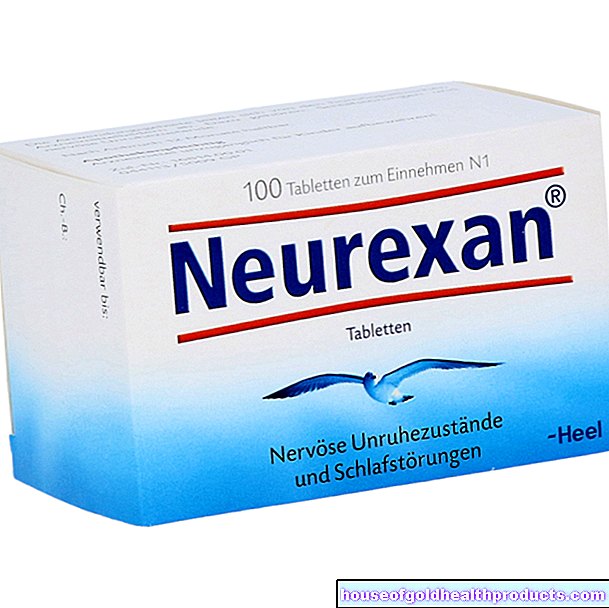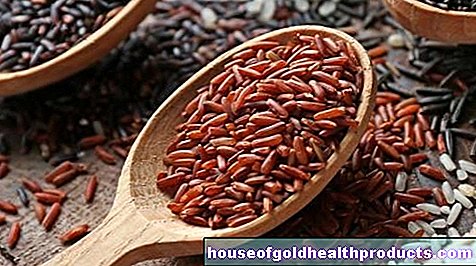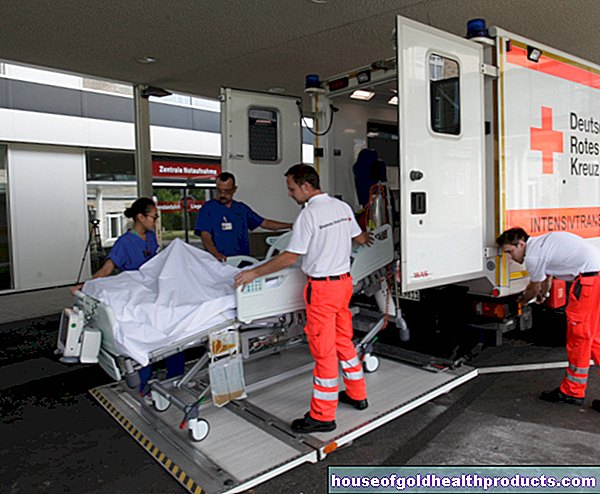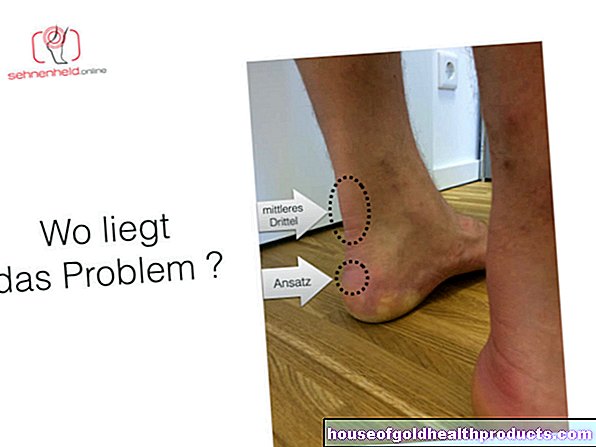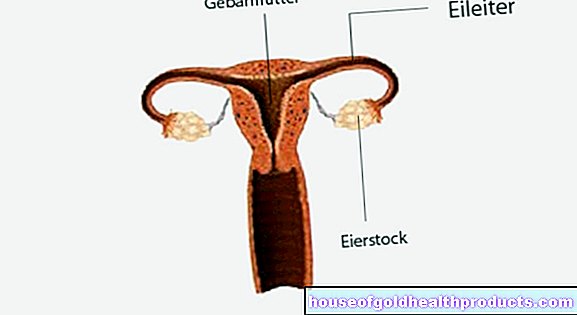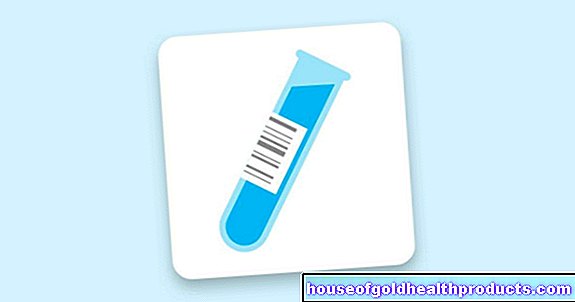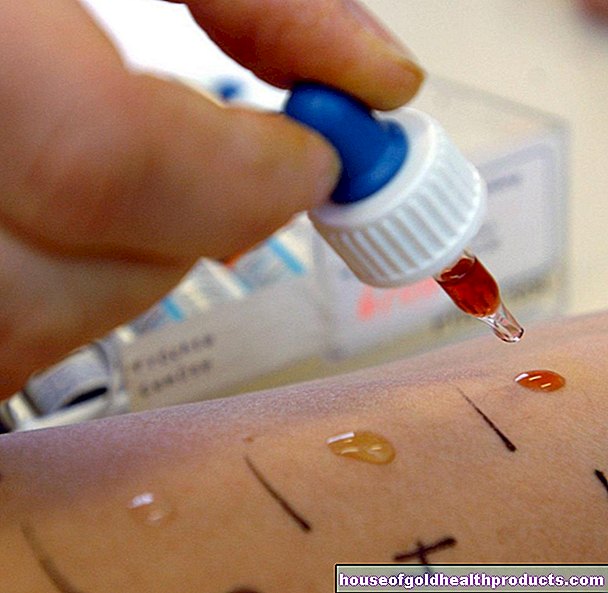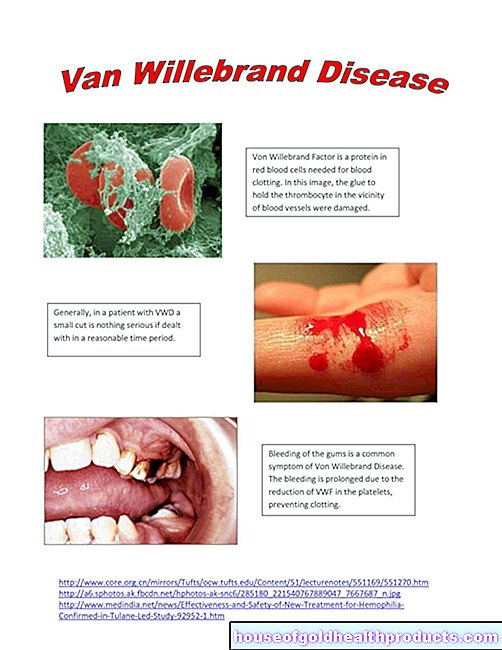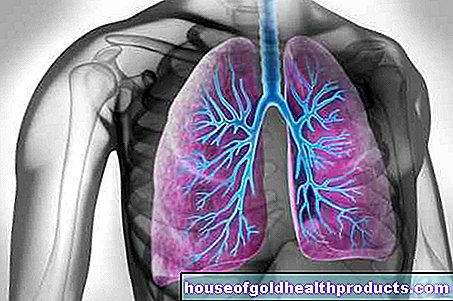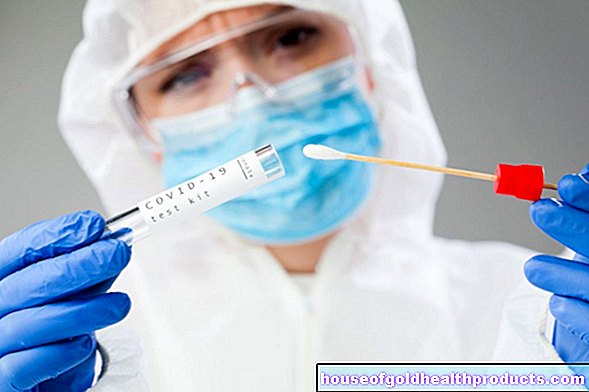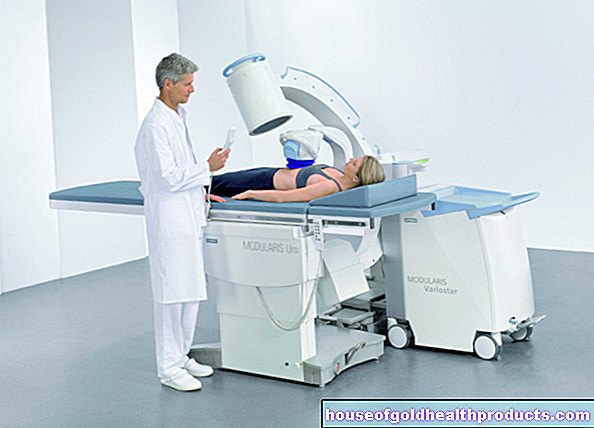Frequent hot flashes, diseased blood vessels
All content is checked by medical journalists.Women who experience frequent hot flashes during menopause should pay special attention to their heart health. Their blood vessels seem to age faster than those of their female counterparts who suffer less from such complaints.
With the menopause, the hormonal balance in the body changes. In particular, the level of estrogen drops. This has consequences for the cardiovascular risk: up to the menopause, the abundant estrogen gives women a lower risk of heart attack and stroke than men.This advantage is lost during the menopause due to the decrease in estrogen.
How old are the vessels?
Researchers led by Kerry Hildreth from the Center for Woman's Health Research at the University of Colorado have examined 138 women going through menopause. On the one hand, they asked the participants about their mood, their quality of life and menopausal symptoms such as hot flashes.
The scientists also examined the condition of their blood vessels. The decisive criteria are flexibility or rigidity of the arteries and the so-called endothelial function. The endothelium is a layer of cells that lines the vessel wall. Among other things, it controls processes such as the exchange of oxygen between blood and tissue, blood pressure and the ability of the blood to flow.
Violent menopause is a warning
The more pronounced the menopausal symptoms of the study participants, the worse the condition of their arteries. In the case of hot flashes, the intensity was less important than the frequency. A lower quality of life was also associated with prematurely aged vessels. However, the researchers did not find a connection with depressive symptoms.
The severity of menopausal symptoms seems to allow conclusions to be drawn about cardiovascular risk.
“In women, the risk of cardiovascular disease increases during menopause. It is important to keep an eye on your frame of mind, blood pressure, blood lipids and blood sugar levels, ”says Dr. JoAnn Pinkerton of the North American Menopause Society.
Years of change between 40 and 50
When menopause begins is very different. Usually, the hormone production slowly decreases around the age of 40, the cycle becomes increasingly irregular, ovulation occurs less and less. Menopause - the last menstrual period in a woman's life - usually occurs around the age of 50.
Typical symptoms of menopause are hot flashes, sweats, sleep disorders, mood swings and depressive moods.
Tags: home remedies book tip foot care

